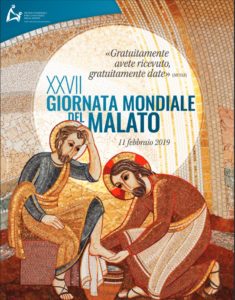 “You received without payment; give without payment” (Mt 10:8)
“You received without payment; give without payment” (Mt 10:8)
Dear Brothers and Sisters,
“You received without payment; give without payment” (Mt 10:8). These are the words spoken by Jesus when sending forth his apostles to spread the Gospel, so that his Kingdom might grow through acts of gratuitous love.
On the XXVII World Day of the Sick, to be solemnly celebrated on 11 February 2019 in Calcutta, India, the Church – as a Mother to all her children, especially the infirm – reminds us that generous gestures like that of the Good Samaritan are the most credible means of evangelization. Caring for the sick requires professionalism, tenderness, straightforward and simple gestures freely given, like a caress that makes others feel loved.
Life is a gift from God. Saint Paul asks: “What do you have that you did not receive?” (1 Cor 4:7). Precisely because it is a gift, human life cannot be reduced to a personal possession or private property, especially in the light of medical and biotechnological advances that could tempt us to manipulate the “tree of life” (cf. Gen 3:24).
Amid today’s culture of waste and indifference, I would point out that “gift” is the category best suited to challenging today’s individualism and social fragmentation, while at the same time promoting new relationships and means of cooperation between peoples and cultures. Dialogue – the premise of gift – creates possibilities for human growth and development capable of breaking through established ways of exercising power in society. “Gift” means more than simply giving presents: it involves the giving of oneself, and not simply a transfer of property or objects. “Gift” differs from gift-giving because it entails the free gift of self and the desire to build a relationship. It is the acknowledgement of others, which is the basis of society. “Gift” is a reflection of God’s love, which culminates in the incarnation of the Son and the outpouring of the Holy Spirit.
Each of us is poor, needy and destitute. When we are born, we require the care of our parents to survive, and at every stage of life we remain in some way dependent on the help of others. We will always be conscious of our limitations, as “creatures”, before other individuals and situations. A frank acknowledgement of this truth keeps us humble and spurs us to practice solidarity as an essential virtue in life.
Such an acknowledgement leads us to act responsibly to promote a good that is both personal and communal. Only if we see ourselves, not as a world apart, but in a fraternal relationship with others, can we develop a social practice of solidarity aimed at the common good. We should not be afraid to regard ourselves as needy or reliant on others, because individually and by our own efforts we cannot overcome our limitations. So we should not fear, then, to acknowledge those limitations, for God himself, in Jesus, has humbly stooped down to us (cf. Phil 2:8) and continues to do so; in our poverty, he comes to our aid and grants us gifts beyond our imagining.



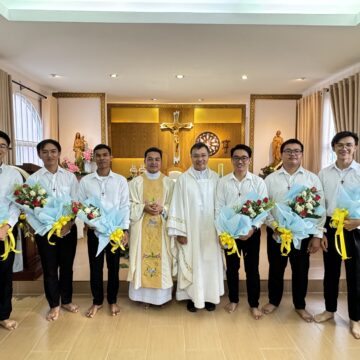
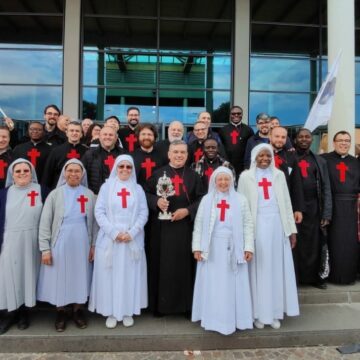
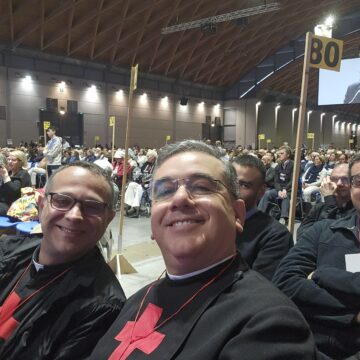
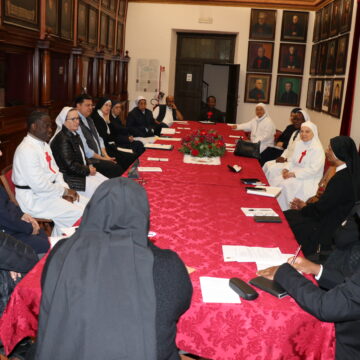
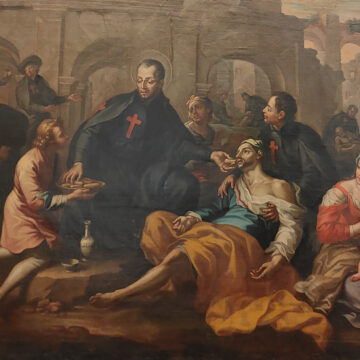







Camillians on Facebook
Camillians on Twitter
Camillians on Instagram